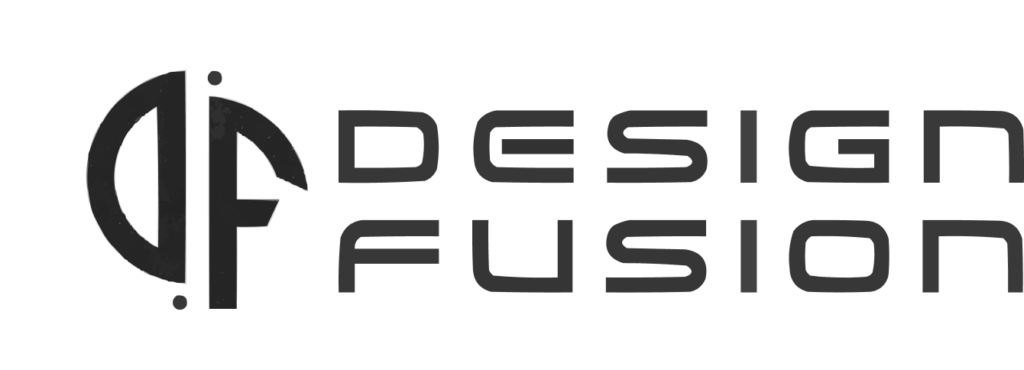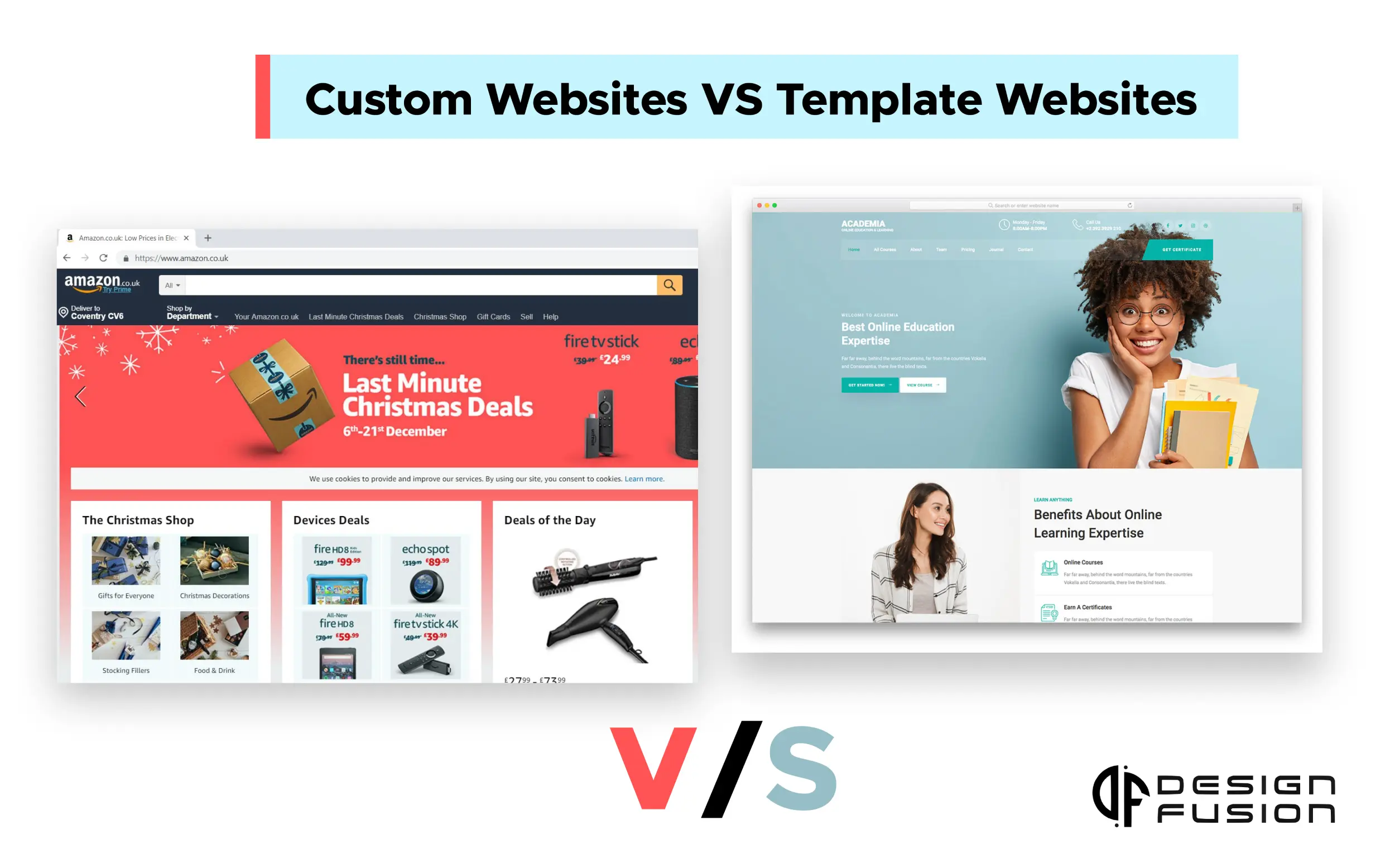A well-designed and functional website can be a game-changer for your online presence, but the decision of whether to go with a custom or template website can be a daunting one. Each approach has its unique advantages and disadvantages, and making the right choice can significantly impact your website development project’s success. In this blog, we’ll explore the pros and cons of custom vs. template websites to help you make an informed decision.
Before we dive into details let’s just understand, “What is a custom Website” and “What is a Template Website?”
What is a custom website?
A custom website, also known as a bespoke website, is a website that is built from the ground up to meet the unique needs and requirements of a specific business or individual. Unlike template websites, which use pre-designed layouts and structures, custom websites are created through web development processes that involve designing and coding unique features, layouts, and functionalities tailored to the client’s specific goals and brand identity.
Key characteristics of custom websites include:
A custom website, also known as a bespoke website, is a website that is built from the ground up to meet the unique needs and requirements of a specific business or individual. Unlike template websites, which use pre-designed layouts and structures, custom websites are created through web development processes that involve designing and coding unique features, layouts, and functionalities tailored to the client’s specific goals and brand identity.
Key characteristics of custom websites include:
- Tailored Design: Custom websites have designs that are entirely unique to the business or individual. Web designers work closely with clients to create a visual identity that aligns with the brand and objectives.
- Unique Functionality: Custom websites can include bespoke features and functionalities that are not readily available in template solutions. This allows businesses to address specific needs and requirements.
- Scalability: Custom websites are highly flexible and can be easily scaled to accommodate the growth of the business. New features and functionalities can be integrated seamlessly as the business evolves.
- Optimized for SEO: Custom websites provide the flexibility to optimize for search engines. Web developers can implement SEO best practices from the beginning to enhance visibility in search results.
- Enhanced Security: Custom websites often have robust security measures in place, as they are designed with the client’s specific security needs in mind, hence reducing the risk.
- Full Ownership and Control: Clients have full ownership and control over their custom website. They are not tied to a specific template provider or platform, which offers freedom in making changes and updates.
- Unique User Experience: Custom websites allow for the creation of a unique user experience tailored to the target audience, potentially increasing user engagement and satisfaction.
Custom websites are typically more time-consuming and expensive to develop compared to template websites, but they offer the advantage of providing a fully unique and tailored online presence that precisely matches the client’s needs and branding. This level of customization is often crucial for businesses that want to stand out in their industry and deliver a specific user experience to their visitors.
What is a Template Website

A template website, also known as a website template or pre-designed website, is a pre-built website that uses a pre-designed layout, structure, and often pre-written code. These templates are typically created by web designers and developers and are meant to serve as a foundation for various types of websites. Template websites are designed to be flexible and user-friendly, making it easier for individuals and businesses to create and launch a website quickly without the need for extensive web development or design skills.
Key characteristics of template websites include:
- Pre-Designed Layout: Template websites come with pre-designed layouts and visual themes. Users can select a template that aligns with their industry, style, and objectives.
- Ease of Use: Template websites are typically user-friendly and don’t require in-depth coding or web development knowledge. Users can customize the template’s content, images, and colors to fit their needs.
- Quick Deployment: Since the basic structure and design are pre-made, template websites can be set up and launched relatively quickly, making them a suitable choice for those who need an online presence without long development times.
- Cost-Effective: Template websites are often more budget-friendly than custom websites, making them a practical choice for individuals or small businesses with limited resources.
- Variety of Options: There is a wide variety of templates available, catering to different industries, purposes, and styles. Users can choose a template that best fits their specific requirements.
- Community Support: Many template providers offer support in the form of communities, forums, and resources where users can seek assistance, share insights, and troubleshoot issues.
- Mobile Responsiveness: Many template websites are designed to be responsive, ensuring that the website looks and functions well on various devices, including smartphones and tablets.
- Regular Updates: Template providers often release updates and improvements to their templates, keeping them current with design trends and functionality.
- Saves Time: Using a template can save time as it eliminates the need to build a website from scratch, reducing the development timeline.
While template websites offer advantages in terms of affordability, quick deployment, and ease of use, they also have limitations in customization, scalability, and uniqueness. They are best suited for those who need a simple online presence and are willing to work within the constraints of the template’s design and functionality.
Custom Websites

Pros:
Custom websites offer several advantages that can be particularly beneficial for businesses with specific needs and goals. Here are some of the pros of choosing a custom website:
- Tailored to Your Brand: Custom websites are designed from the ground up, allowing you to create a site that aligns perfectly with your brand identity. This ensures a consistent and unique online presence.
- Unique User Experience: With a custom website, you have complete control over the user interface and user experience. You can design features and interactions that are tailored to your target audience, potentially increasing user engagement and satisfaction.
- Scalability: Custom websites are highly flexible and can be easily scaled to accommodate your business’s growth. As your needs evolve, you can integrate new features and functionalities seamlessly.
- Optimized for SEO: Custom websites provide the flexibility to optimize for search engines. You can implement SEO best practices from the very beginning, increasing the likelihood of achieving higher organic rankings in search results.
- Enhanced Security: Custom websites often have superior security measures in place. Web developers can build in specific security features to address your business’s unique requirements, reducing the risk of security vulnerabilities.
- Full Ownership and Control: When you opt for a custom website, you have full ownership and control over your website. You are not tied to a specific template provider or platform, giving you the freedom to make changes as needed.
- Unique Features and Functionality: Custom websites can include bespoke features and functionalities that are not readily available in template solutions. This allows you to meet specific business requirements and create a competitive advantage.
- Better Performance: Custom websites can be optimized for performance, ensuring fast loading times and a smooth user experience. This is particularly important for retaining visitors and reducing bounce rates.
- Support and Maintenance: Custom web development firms often provide ongoing support and maintenance services, ensuring that your website remains up-to-date, secure, and functional.
- Long-Term Investment: While the initial costs of custom web development may be higher, a well-designed custom website is a long-term investment that can deliver substantial returns by driving conversions and building brand reputation.
Pros:
Custom websites offer numerous advantages, but they also come with their share of challenges and disadvantages. Here are some of the cons of opting for a custom website:
- Higher Costs: Custom website development is typically more expensive than using pre-made templates. The costs include hiring skilled web developers, designers, and potentially ongoing maintenance and updates.
- Longer Development Time: Building a custom website from scratch can be a time-consuming process. This may result in delays in launching your online presence, which can impact your business objectives.
- Ongoing Maintenance: Custom websites often require more ongoing maintenance and updates to keep them running smoothly. This can entail additional costs and time commitments.
- Complexity: The complexity of custom development can sometimes make it challenging to find and hire qualified developers who can execute your vision effectively.
- Potential for Over-Engineering: In the pursuit of a unique website, there’s a risk of over-engineering features that might not be necessary, adding unnecessary complexity and costs.
- Limited Community Support: Custom websites lack the broad community support and resources that template-based solutions often provide. This means you may have fewer readily available resources for troubleshooting and assistance.
- Dependency on Developers: Since custom websites are unique creations, you may become dependent on the developers or agency that built your site for ongoing support and updates. Switching providers can be more complex.
- Testing and Quality Assurance: The testing and quality assurance process for custom websites can be more extensive and time-consuming. Ensuring the site functions correctly across various browsers and devices is essential.
- Risk of Scope Creep: Custom web development projects can be susceptible to scope creep, where additional features and changes are continually added, potentially leading to budget overruns and project delays.
- Learning Curve: If you manage your custom website, there might be a learning curve to understand the site’s intricacies and how to make updates or changes effectively.
Template Websites

Pros:
Template websites, also known as website templates, come with their own set of advantages. Here are some of the pros of using template websites for your online presence:
- Cost-Efficient: Template websites are generally more budget-friendly than custom-built sites, making them an attractive option for businesses with limited financial resources.
- Quick Deployment: Templates are pre-designed and pre-built, which means you can have your website up and running in a matter of days or weeks, allowing for a faster online presence.
- Ease of Use: Templates are designed to be user-friendly, often requiring little to no coding or technical skills for setup and maintenance. This can be a significant benefit for those who are not web development experts.
- Variety of Designs: Template providers offer a wide range of design options, catering to various industries and styles. You can choose a template that suits your business’s aesthetic and functional preferences.
- Community Support: Many template providers offer supportive communities, forums, and resources where you can find help, share insights, and troubleshoot issues with fellow users.
- Regular Updates: Template providers often release updates and improvements to their templates, ensuring that your website remains current in terms of design trends and functionality.
- Saves Time: Using a template can save a significant amount of time, as you don’t have to start from scratch. This can be especially beneficial for businesses that need an online presence quickly.
- Mobile Responsiveness: Many templates are designed to be responsive, ensuring your website looks and functions well on various devices, from desktops to smartphones.
- Proven Designs: Templates are often created by professional designers who understand the principles of good web design. This can provide a level of assurance that your site will be visually appealing.
- Search Engine Optimization (SEO): Some template providers include built-in SEO features or integrate easily with popular SEO plugins, making it simpler to optimize your site for search engines.
Cons:
Template websites have their own set of drawbacks and limitations. Here are some of the cons of using template websites for your online presence:
- Limited Customization: Templates have preset layouts and designs, which can limit your ability to create a fully unique website. You may be constrained by the template’s structure and design choices.
- Scalability Issues: As your business grows, you may encounter limitations with template websites in terms of customization and expansion. This can lead to the need for a full redesign or a transition to a custom solution.
- Cookie-Cutter Look: Since templates are used by many others, there’s a risk that your website may look similar to others in your industry, diminishing your ability to stand out and establish a distinct brand identity.
- SEO Limitations: Some templates may have limitations when it comes to optimizing for search engines. You might not have as much control over on-page SEO elements or site structure.
- Less Flexibility: Templates may not accommodate unique features or functionalities your business requires. If you need a specific feature, you may need to compromise or use third-party integrations.
- Security Concerns: Template websites can be more vulnerable to security threats, as they are widely used and may become targets for hackers. It’s crucial to keep the template and its components up to date.
- Content Restriction: Some templates may impose content restrictions, making it challenging to format and structure your content the way you want.
- Limited Ownership and Control: With template websites, you might be bound to the terms and conditions of the template provider, which could limit your freedom to make significant changes or migrate your site to another platform.
- Difficulty in Branding: Adhering to your unique brand identity can be more challenging with templates since design elements are pre-determined.
- Dependency on Template Providers: Template providers can discontinue or change their offerings, which may require you to adapt or migrate your website to a new platform. This could be disruptive to your online presence.
In conclusion, the choice between custom and template websites largely depends on your specific website development needs and your budget. Custom websites offer unparalleled flexibility and branding opportunities but come at a higher cost and development time. Template websites, on the other hand, are cost-effective and quick to deploy but may have limitations in terms of customization and scalability.
It’s essential to weigh the pros and cons carefully and consider your long-term goals when making this decision. Ultimately, a well-planned web development strategy aligned with your business objectives will help you create a successful online presence, whether you choose custom or template websites.


